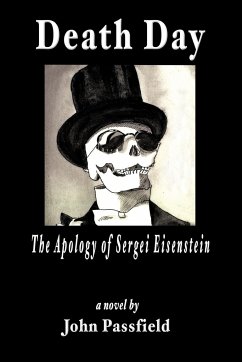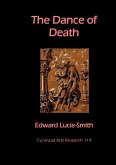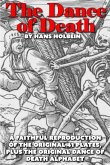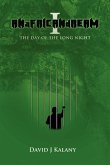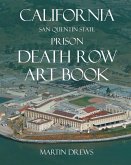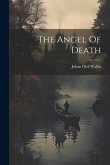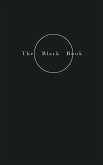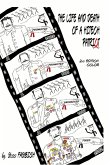On March 19, 1937, world-renowned Soviet film-maker, Sergei Eisenstein, appears before the All-Union Creative Conference of Workers in Soviet Cinematography, accused of having failed to create films which reflect the social and political orthodoxy of the Stalinist regime. Reeling from an unrelenting barrage of questions, accusations and threats, the film-maker struggles to respond to the dilemma which is faced by all artists in totalitarian states: how to reconcile one's freedom of imagination and creativity with the conformity to the artistically-stifling orthodoxy which is demanded by the rulers of society? His response is an example of the ingenuity which is often displayed by artists in repressive societies.
Bitte wählen Sie Ihr Anliegen aus.
Rechnungen
Retourenschein anfordern
Bestellstatus
Storno

